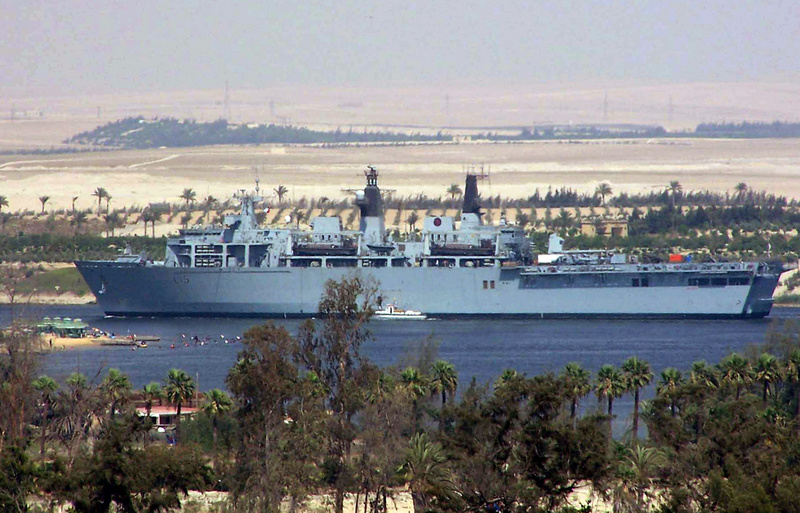Economic activity will continue to slow down in Gulf Cooperation Council (GCC) countries in the current year, according to Masood Ahmed, director of the International Monetary Fund’s (IMF) Middle East and Central Asia Department.
Ahmed said that the growth in these countries is likely to reach 3% in 2016 compared to 2% in 2015, due to increased oil production in Iraq and lifted sanctions on Iran.
Via Twitter using the hashtag #ask_IMF, Ahmed added that the worldwide drop in oil prices is an opportunity for Egypt to gradually get rid of fuel subsidies and reduce the trade deficit.
“It is expected that oil prices will decrease for several years, thus the countries where their economies depend on oil will witness tough years,” Ahmed noted. “The wars in Syria, Iraq, and Libya do not only result in human casualties but also affect the economies of neighbouring countries by increasing the number of refugees in these countries, affecting trade and investments in the whole area.”
Ahmed pointed out that, after a few tough years, the economies of Morocco, Tunisia, Egypt, and Jordan have begun to improve. Growth rates are improving, but are still far from what is necessary to provide job opportunities for young people joining the labour market.
In reply to a question regarding the benefits of the GCC’s economic unification, Ahmed said the large size of this market facilitates the movement of investments and funds, reduces costs, and increases bargaining power with outside countries.
He said that the IMF recently provided a funding programme for the Jordanian government that aims to maintain economic stability, reduce debt, and provide growth requirements. The IMF also provided a loan for Tunisia amounting $2.9bn to increase job opportunities and boost economic growth.



